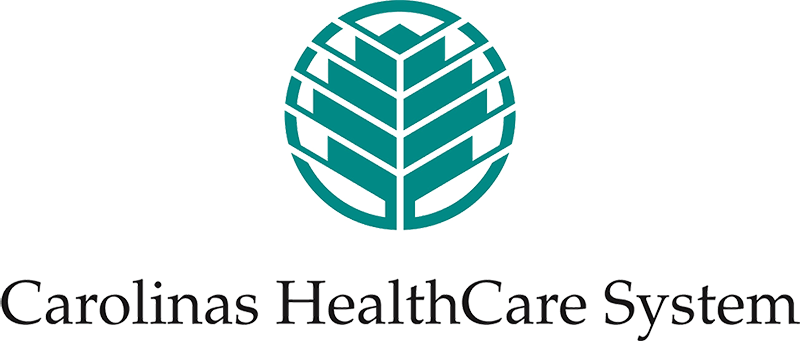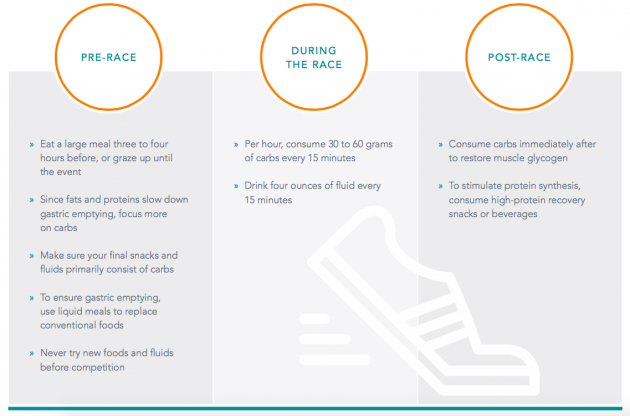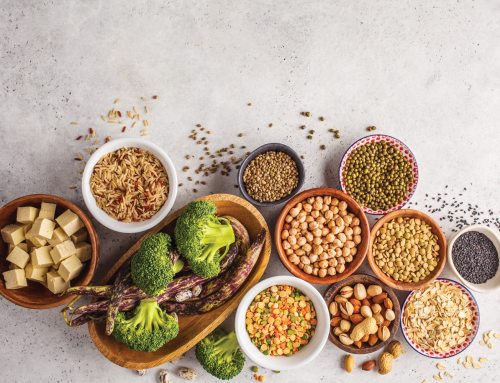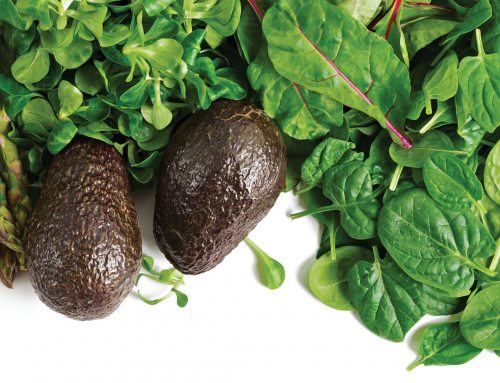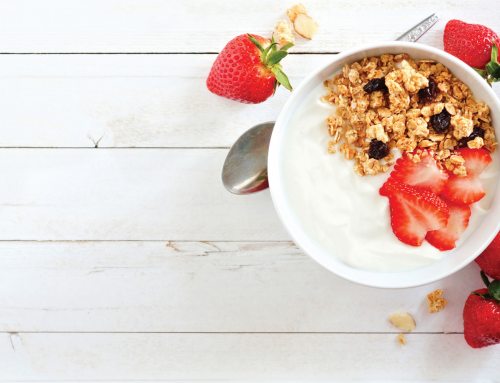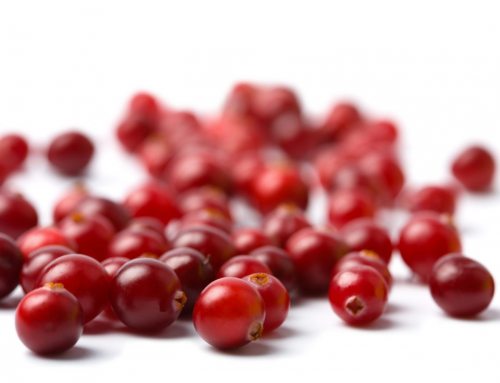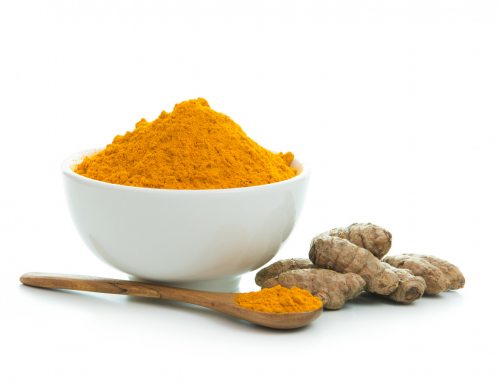 Most athletes – especially runners – understand the importance of nutrition in their training. While proper nutrition can optimize a runner’s energy and stamina, it also has the power to protect the immune system and maintain lean body mass. The right combination, however, is always in flux. As your training changes, your dietary habits have to change, too.
Most athletes – especially runners – understand the importance of nutrition in their training. While proper nutrition can optimize a runner’s energy and stamina, it also has the power to protect the immune system and maintain lean body mass. The right combination, however, is always in flux. As your training changes, your dietary habits have to change, too.
“If you’re increasing your mileage, it’s also important to increase your calorie intake,” says Catherine Rainbow, MD, a sports medicine physician at Carolinas HealthCare System’s Sports Medicine & Injury Care. “When your energy needs start to exceed your energy intake, energy drain obviously can occur.”
This is important as runners approach a race. Often runners are attempting a mileage beyond their typical training length. If you’re not coordinating your nutrition to complement these longer runs, then you’ll probably notice that “energy drain,” and your chances of posting a personal best will be sabotaged from the get-go.
The secret isn’t just increasing your calorie intake, but increasing your intake with healthy fats and extra carbohydrates. As the intensity and time of your workout increases, downing sports drinks and recovery beverages can help, but you should also be eating lean meats like chicken and fish for protein on a consistent basis.
While experimenting with your diet during training is the best way to ensure continuous running success, here are a few tips for fueling your body for optimal performance come race day.
To schedule an appointment with one of our experts at Sport Medicine & Injury Care call 704-512-3995 or visit CarolinasHealthCare.Org/Sports.


